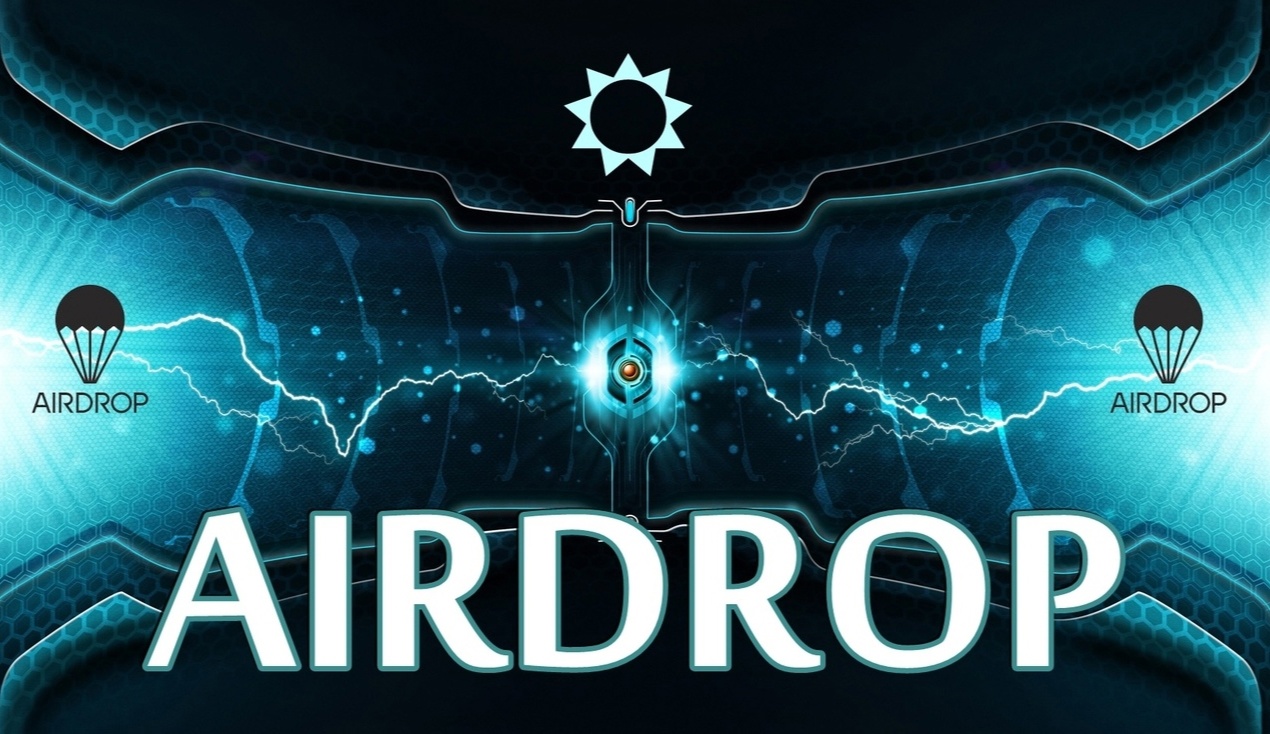Cryptocurrency airdrops have gained immense popularity as a way for blockchain projects to distribute free tokens to users. However, not all wallets are created equal when it comes to receiving and managing these airdropped tokens. Choosing the right crypto wallet ensures that you can securely claim, store, and use airdropped assets. In this article, we will explore whether you need a special wallet for airdrops, the best wallet options available, and best practices for maximizing your rewards.
Understanding Airdrops and How They Work
What Are Crypto Airdrops?
Crypto airdrops are promotional campaigns where blockchain projects distribute free tokens to existing cryptocurrency holders or those who complete specific tasks. These airdrops serve various purposes, including increasing adoption, decentralizing ownership, and rewarding community engagement.
Types of Airdrops
- Standard Airdrops – Tokens are distributed freely to wallet addresses that meet predefined conditions.
- Holder Airdrops – Users holding a specific cryptocurrency (e.g., Ethereum, Bitcoin) receive additional tokens.
- Bounty Airdrops – Participants perform tasks such as sharing on social media or referring others.
- Exclusive Airdrops – Reserved for select users, such as early adopters or premium community members.
Do You Need a Special Wallet for Airdrops?
1. Wallet Compatibility Matters
Not all wallets support every type of token or blockchain. Airdrops are often based on networks like Ethereum, Binance Smart Chain (BSC), Solana, and Polygon. Using a multi-chain wallet ensures broader compatibility.
2. Custodial vs. Non-Custodial Wallets
- Non-Custodial Wallets: These wallets give users full control over their private keys, making them the best option for airdrops.
- Custodial Wallets: Managed by exchanges, these wallets may not always support direct airdrop claims or may restrict withdrawals.
3. Smart Contract Interaction
Some airdrops require users to interact with smart contracts. A wallet with dApp browser support (like MetaMask or Trust Wallet) is essential for claiming these airdrops.
Best Wallets for Receiving Airdrops
Selecting the right wallet ensures seamless participation in airdrop campaigns. Below are some of the best options:
1. MetaMask
- Supports Ethereum, Binance Smart Chain, and other EVM-compatible networks.
- Available as a browser extension and mobile app.
- Ideal for DeFi and Web3 airdrops.
2. Trust Wallet
- Multi-chain support, including Ethereum, BSC, and Solana.
- Built-in dApp browser for interacting with airdrop claim sites.
- Private keys remain under user control.
3. Phantom Wallet
- Best for Solana-based airdrops.
- Simple user interface and fast transaction speeds.
- Supports staking and NFT management.
4. Ledger Nano X (Hardware Wallet)
- Best for storing high-value airdrops securely.
- Cold storage solution to protect against hacks and phishing.
- Requires transferring airdrops from hot wallets.
5. Coin98 Wallet
- Supports multiple blockchains, including Ethereum, BSC, and Solana.
- Built-in exchange and NFT marketplace.
- Strong security features.
How to Set Up a Wallet for Airdrop Participation
Step 1: Choose a Wallet
- Pick a wallet that supports the blockchain of the airdrop.
Step 2: Install and Secure the Wallet
- Download from official sources (website or app store).
- Securely store your seed phrase offline.
Step 3: Fund Your Wallet (If Required)
- Some airdrops require a small amount of native tokens (ETH, BNB, SOL) for transaction fees.
Step 4: Connect to Airdrop Campaigns
- Follow official project announcements and verify legitimacy before claiming.
Step 5: Claim and Manage Airdropped Tokens
- Regularly monitor your wallet for incoming tokens.
- Move high-value assets to a secure storage solution.
Security Considerations for Airdrops
Airdrop scams are prevalent in the crypto space. Follow these security tips:
1. Avoid Phishing Links
- Only interact with official project websites.
2. Double-Check Token Contracts
- Verify contract addresses on CoinGecko or CoinMarketCap.
3. Beware of Fake Airdrops
- If an airdrop asks for your private keys, it’s a scam.
4. Use a Burner Wallet for Risky Airdrops
- A separate wallet reduces exposure to malicious contracts.
How to Stay Updated on Airdrop Opportunities
To maximize participation, staying informed about airdrop campaigns is crucial.
1. Follow Official Project Channels
- Twitter, Telegram, and Discord provide updates on new airdrops.
2. Use Airdrop Aggregator Websites
- Websites like Airdrops.io, AirdropAlert, and CoinMarketCap Airdrops list upcoming opportunities.
3. Engage in Crypto Communities
- Platforms like Reddit, Bitcointalk, and Medium feature discussions on ongoing airdrops.
Conclusion
Choosing the right wallet for airdrops is essential for safely receiving and managing free tokens. While you don’t necessarily need a special wallet, having one that is non-custodial, multi-chain compatible, and secure will maximize your airdrop participation. By following security best practices and staying informed, you can take full advantage of the opportunities in the crypto space.










